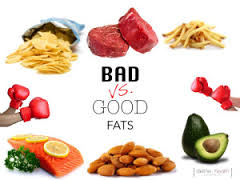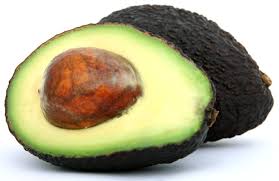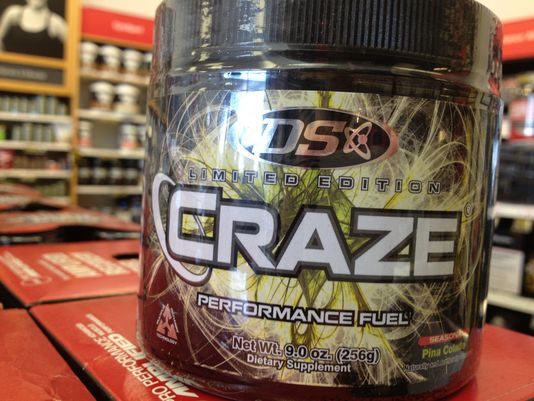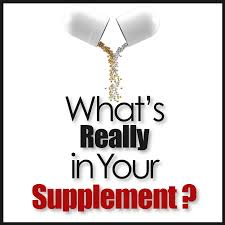 Last week, the New York State attorney general’s office uncovered another example of what appeared to be widespread fraud in the dietary supplement industry. The office accused four of the country’s biggest retail stores of selling herbal products that in many cases were contaminated or did not contain any of the herb listed on the label.
Last week, the New York State attorney general’s office uncovered another example of what appeared to be widespread fraud in the dietary supplement industry. The office accused four of the country’s biggest retail stores of selling herbal products that in many cases were contaminated or did not contain any of the herb listed on the label.
For many readers, the news raised an urgent question: Which supplements can I trust?
Experts say that there is no guarantee that supplements will do what they say they do, or that they are safe or won’t interact with any medications 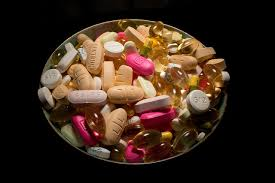 you may be taking. But there are several steps people can take to give themselves some reassurance that at least some of the supplements they buy actually contain what they advertise on the label – and nothing else.
you may be taking. But there are several steps people can take to give themselves some reassurance that at least some of the supplements they buy actually contain what they advertise on the label – and nothing else.
For one, you can look for products that receive a seal of approval from the United States Pharmacopeial Convention, an independent, nonprofit organization of scientists that sets high standards for medicine, food ingredients and dietary supplements. The United States Pharmacopeia has a voluntary program through which supplement companies can have their  products and facilities tested and reviewed.
products and facilities tested and reviewed.
Companies whose supplements meet the group’s standards – which ensure purity, identity and potency, among other things – are allowed to carry an official “USP Verified” seal on their labels. The group maintains an evolving list of the brands that have received its seal and the places where they can be purchased.
Source: The New York Times

